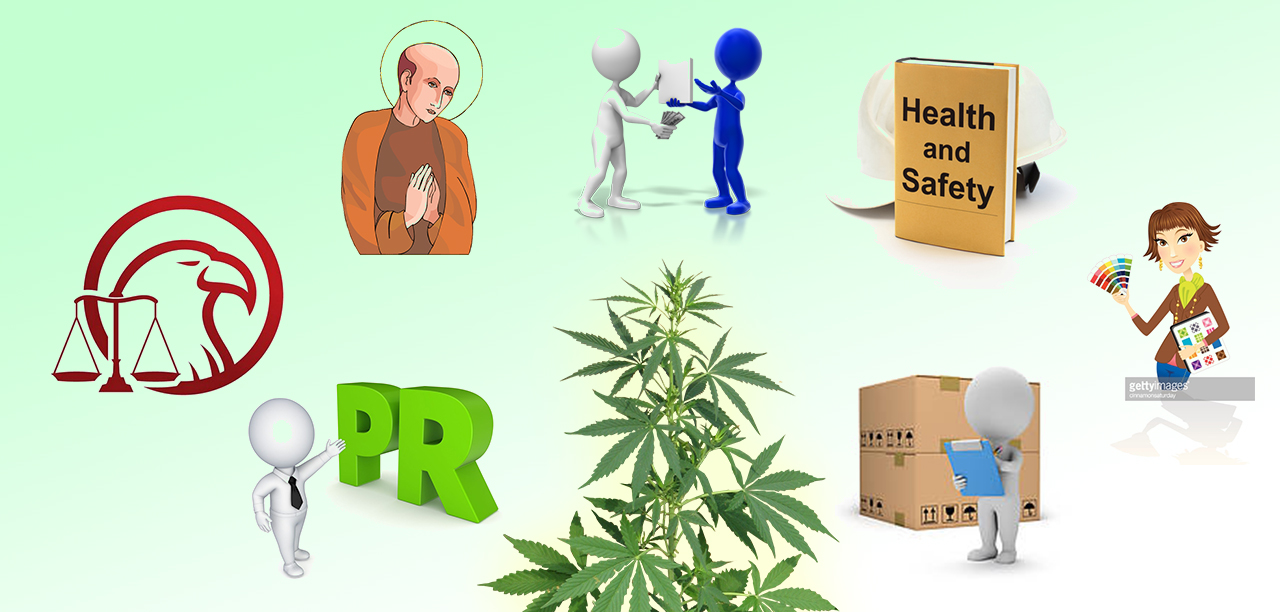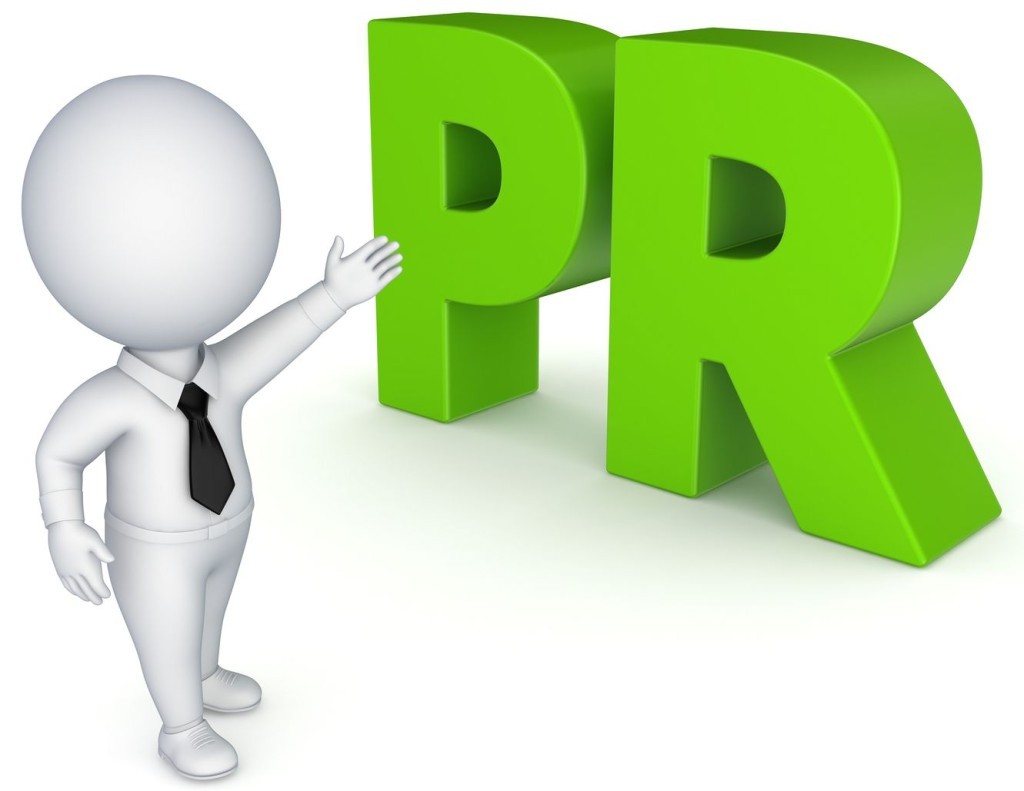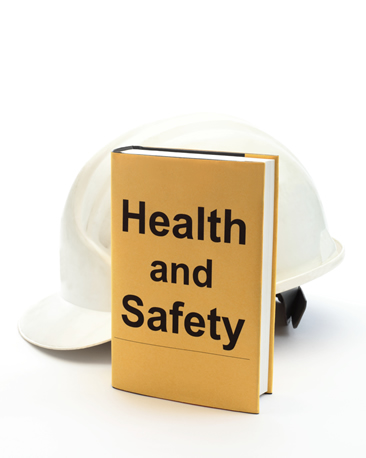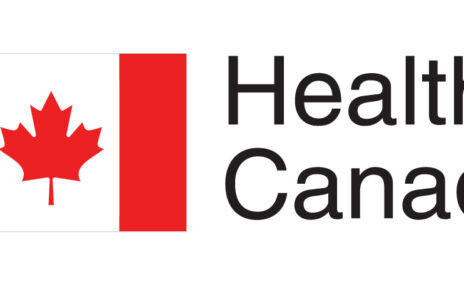Jamie Shaw
(Article previously appeared at Canlio.com)
I’ve been asked a few times to tackle a piece on how to start a medical cannabis dispensary. I finally agreed, then thought about it for a bit, and nope. Not gonna do it. Dispensaries are still illegal (to what level depends on where in North America you are, and possibly on what day of the week it is). This poses enough challenges to any how-to piece, but that’s not why I’m not going to do it. There have been pieces before written on the topic, and some were excellent, but that also isn’t the reason I’m not going to do it.
The reason I am refusing to write a piece I agreed to is simply this: it implies anyone can do it. Dispensaries, their operators, and their clients have been subjected to massive stigma, and the shameless propaganda that fuels it. They have been disrespected, threatened, shunned, and ridiculed, and it is time for this to stop.
I don’t believe writing a how-to piece addresses this in any meaningful way, and so, to rectify things, I will instead endeavour to briefly list some of the skills dispensary operators need to have – either individually, or as a team – to successfully open and maintain a medical cannabis dispensary.
Let’s start with the law. No, you don’t need a law degree. And yes, you can hire lawyers (which you will have to do anyway, and gets expensive). But why do you need to know the law if you’re just going to break it anyway? Technically, you don’t. However, medical cannabis dispensaries are not about breaking all the rules – they are about breaking unjust laws.
You need to know which laws you’re breaking, why you are breaking them, and as much as possible beyond that, how to comply with the rules and regulations that would be required of a similar legal business. This means not only knowing cannabis-related laws, but also federal, provincial, and municipal laws and by-laws around zoning, retail, public spaces, employment practices, food safety, and privacy.
It is also going to be important to have a basic understanding of tax law, and bookkeeping and reporting requirements for your particular business model. Are you registering as a non-profit? Then you have different requirements than a collective or a corporation. Going the corporate route? Licensed? Incorporated? These are all things that can change what, when, and how you are required to report.
Understanding labour law and employment practices is just one side of Human Resources. When businesses talk about managing their assets, they often forget that their staff is their greatest asset. Having knowledgeable staff who are motivated and happy goes a long way toward making a dispensary successful.
But no matter how good you are at hiring and motivating staff, you will still encounter problems that will require the skills of an experienced HR professional just to avoid all out disaster. Theft of product or cash may be annoying, but theft of contacts or personal records can turn ugly. A human rights law suit by a disgruntled employee can spell doom for an organization, even if it turns out the organization did nothing wrong. Which brings us to…
Many people think this is about marketing, press releases, and how an organization presents itself to the media, but flipping this term leads to a much more accurate sketch of what it entails. Relating to the public is what is required of dispensaries – not just through the abovementioned channels – but through conferences, events, and through maintaining good relationships with your neighbours. Also note that events are not only a place for you to showcase your business, but also to make connections and network. This is what raises a business’s profile more than anything short of a world wide multi-media blitz; those in the know need to know you, and you need to know them.
Fitting in with your local community will require the help of your patients. Most of them will understand the situation and be very amenable to supporting you in your goals. Though it is important to remember that just one pissed off neighbour can cause a lot of trouble.
“But relating to the public requires a lot more than talking. You have two ears and one mouth for a reason, and if you forget that, you will end up repeating ad-nauseum what you want to say rather than what you need people to hear.”
But relating to the public requires a lot more than talking. You have two ears and one mouth for a reason, and if you forget that, you will end up repeating ad-nauseum what you want to say rather than what you need people to hear. How you say things can help a bit, but you need to know your audience. Some arguments you lose just by having, others you can’t win, even when you’re right.
Knowing what your allies and enemies think is important, but these are groups you aren’t likely to affect much. It is instead all those in the middle who need to take a side. And if you want them on yours, you need to understand where they are coming from, and to respond in a way they will hear. The concept of ‘framing’ can be vital.
A perfect example of not framing something correctly can be found in Ontario’s recent decision to allow medical patients to use cannabis in public. Framing this decision improperly allowed the media to reframe it as absolute anarchy, with people puffing everywhere. And all those who spoke in support of the idea only succeeded in fuelling the hysteria. The regulations were not what the media portrayed, but it didn’t matter. It was the right pitch at the wrong speed, and the opposition knocked it out of the park.
While this is called spin, and is usually regarded as a bad thing, it is actually all about conveying your point of view. However, you need to do so knowing that whatever you say can be used against you by media, can be paraphrased, can be edited and cut, or more likely, they will include the thing you said five times, but will include an off-the-cuff remark made near the end to skew your intended meaning. This is where you hope for truth in reporting, but in the end, these media outlets are just conveying their own point of view, and they have numerous other stories to cover on tight timelines if yours doesn’t fit the agenda somehow..
You need to go go throug hthis this with as many media people as possible, knowing that if you don’t have time to make them understand, or if you are too successfully conveying a point that isn’t congruent with their point of view, it may just get buried.
These, of course, usually end up in pieces that are not very favourable and get picked up by the news wires, or you’re left out of the piece all together, or it airs live and it’s not archived, and the general public doesn’t care anyway, since there’ve been ten more stories in the last five minutes on completely unrelated topics.
When you are successful with a reporter, it still has to get through their editor, where again it can get mangled or massaged according to their own point of view [Editor’s note: sorry Jamie!]. If your message makes it through unscathed, congrats! (It’s not getting picked up by the news service though, and your opposition got coverage on more outlets, but most of the public forgot anyway because ten more completely unrelated items have just been reported).
So maybe you have a reason, a passion, a location, some sort of defence, and the knowledge that no matter what you say or do, some people are not going to understand. What other skills do you need?
Buy me a River
Like any charity or business that provides a service or product, that product needs to be obtained. In considering cannabis one must account not only for current market prices, but also for keeping up with the latest strains, growing techniques, research, and an ever-expanding derivatives market. This last sentence contains at least three areas that could take a lifetime each to catch up on. The needs cannabis can serve in a medical setting alone are extremely wide-ranging. And as new trends in production develop, so what is on offer needs to be expanded. And if you are truly opening a dispensary in a still-illicit market to serve medical patients, you should be extra vigilant in ensuring you are obtaining products that are safe and sourced from ethical producers who are as concerned about your patients as you are.
So now you have medicine – do you have enough? Of various strains? To address a wide-enough array of needs? And you’re keeping it where? Storage and handling procedures and protocols specific to herbal medicine are particular. Both in theory and in practice, you need to be able to track your inventory, account for evaporation loss, and understand exactly where your cannabis is going.
Security procedures also need to be worked out for cash and staff in terms of regular practice, but also in case of emergencies: earthquakes, fires, floods, robberies, police raids, and – it couldn’t hurt – world war three. While you hope for none of these things, they will be worse if you aren’t prepared.
While we’ve touched on some of the safety issues involved in the handling and security of medical cannabis, the safety of staff and patients is also important. From Work-Safe (or your local equivalent) policies, to the above mentioned disasters, keeping your staff and members safe can be a full time job on its own. Health and Safety regulations and emergency-preparedness are only part of the picture. For some dispensaries, the situations and conflicts that can arise from just conducting simple business may require more than good customer service or PR skills – you may need all of the tools of a front-line social worker when dealing with clientele, or those who wish to be.
This is more important than you might realize. What your storefront looks like can convey much more than any number of words about the environment you’ve created. Renovations need to be planned, designed, and implemented. The space needs to be an accessible, safe, and pleasant environment for both workers and clients. It needs to evoke the feeling and tone you’ve decided on, and it needs to be functional (remember all those security policies and safety procedures?).
So now you have product, some way to track it, and procedures to store and handle it. On to selling it. This can be a tough one for dispensaries. You obviously want to promote the benefits of cannabis in your operation, and you want that operation to be successful. For this you need to temper the understanding that money and medicine make strange bedfellows. While everyone ultimately profits from service to our society, and while the services and knowledge dispensaries offer are extremely valuable, you don’t want to wind up in a situation where you are encouraging people to use more medicine than they need. This is one of the major issues patients cite with allopathic medicine, while the reduction of pharmaceuticals is one of the most often touted benefits of using cannabis. If you are profiting off of the sale of cannabis as medicine, should you be up-selling it?
This said, you’ve spent time, you’ve spent effort, and you’ve spent money, so you have to make some back. In order to that, everything required of any other retail business needs to be in place. You need to understand cost projections, price points, and some basic display marketing. You need to have an inventory tracking system, point of sale system, feedback mechanisms, accounting and payroll, and all related administration tasks worked out. But dispensaries are not any other retail business, they deal with patient information, which means all of the requirements of a medical office also need to be in place, including systems to manage and protect confidential information.
So now your team is ready to open. You will need the patience of saint. Like the experience of a saint, your experience will be challenging and amazing. You will constantly be reminded of the good you are doing, and every day you will see the difference you’re helping to facilitate in people’s lives. You will have effectively taken on the role of caregiver to a great many people, some of whom are dealing with great burdens, who require patience, understanding, and compassion.
You will deal with some who feel slighted in some way by interactions, who complain endlessly to you and others. You will deal with a profound ignorance of cannabis and so be painted by the stigma still surrounding it. You will deal with law enforcement who know what you are doing is good, but have a job to do, and you will likewise deal with those who take great joy in enforcing prohibition (even now in these in-between days). While you will be reminded every day why you do it, every day there will be a new trial, a new tribulation, and some who don’t think you’ve gone far enough, and some who think you’ve gone too far.
You will have days where you question why you do it, days that are too hard, days when you are ready to quit, days when the prohibitionists, the law, and public perception all seem too much…
But in the end, it was another day you saw Joe, who was given three weeks to live four years ago, or another day you saw Jane, whose pain is no longer so crippling that she can’t leave her house – another day you didn’t close your eyes and do nothing about it.










